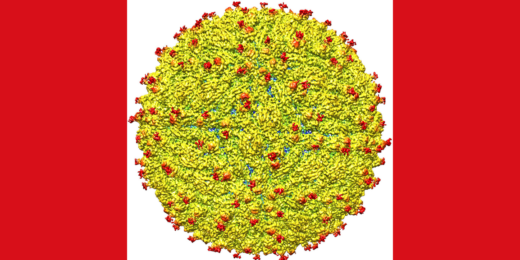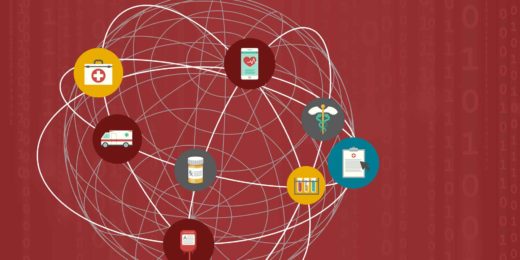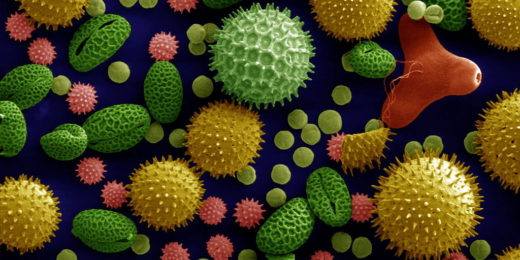A new study has found that opioid-related deaths are highest on the East Coast and opioids are affecting an increasing number of African-Americans.
Category: VF
Blocking Zika: New antiviral may treat and prevent infection, a Stanford study suggests
A Stanford study shows Hsp70 protein inhibitors can protect mice from Zika virus without developing drug resistance, demonstrating their clinical potential.
How much exercise is safe during pregnancy?
Physician Justin Thompson offers guidance on the safety of exercising during pregnancy. Many non-contact activities are healthy.
Positive mindset helps with an allergy therapy’s side effects, says Stanford study
A small change in how patients learn to think about side effects of a food allergy treatment greatly reduces their anxiety, Stanford researchers found.
A look at how data is democratizing health care
Dean Lloyd Minor discusses findings of Stanford Medicine's recently released Health Trends Report.
Pain is unpleasant, and now scientists have identified the set of responsible neurons
Scientists have pinpointed the ensemble of neurons that specifically gives rise to the unpleasantness of pain in the brain.
How early physical therapy can lessen the long-term need for opioids
Patients who undergo physical therapy soon after a pain diagnosis are less likely to use opioids in the long term, a Stanford-Duke study finds.
“Safely doing less” to lower addiction risk from opioids prescribed by dentists
Young people prescribed opioids by dental providers were at increased risk of developing opioid addiction in the following year, a Stanford study found.
Immunotherapy for peanut allergies: A Q&A
Sharon Chinthrajah weighs in on a new peanut allergy immunotherapy, speaking to its potential and its role in the future of food allergies therapy.
National anti-smoking campaign helps smokers with mental health conditions try to quit
An anti-smoking ad campaign featuring a woman with depression helps smokers with mental health conditions attempt to quit.
Compensation for kidneys would help the poor, study finds
A government program providing market-value, noncash compensation to kidney donors would benefit poor people and not be exploitative, according to a study.
Big data strikes again — subdividing tumor types to predict patient outcome, personalized treatment
A Stanford team has developed an algorithm that uses data about tumors to identify new classifications that can provide information about patient outcomes
Stanford scientist is working to halt spread of hepatitis B
Decision scientist Mehlika Toy is working with the WHO to help eliminate the public health burden of hepatitis B by the year 2030.
Giving kids honest information about water consumption may help them make healthy choices
A study led by a Stanford Business researcher at four schools in Panama explores the best way to persuade kids to drink more water.
The “exposome” revealed: a barrage of bacteria, chemicals, microscopic animals and more
Scientists have measured the human “exposome,” or the particulates, chemicals, and microbes that individually swarm us all, in unprecedented detail.
Global Climate Action Summit: A focus on kids and climate
At the Global Climate Action Summit recently, Stanford researchers emphasized the importance of the effects of climate change on children's health.

















